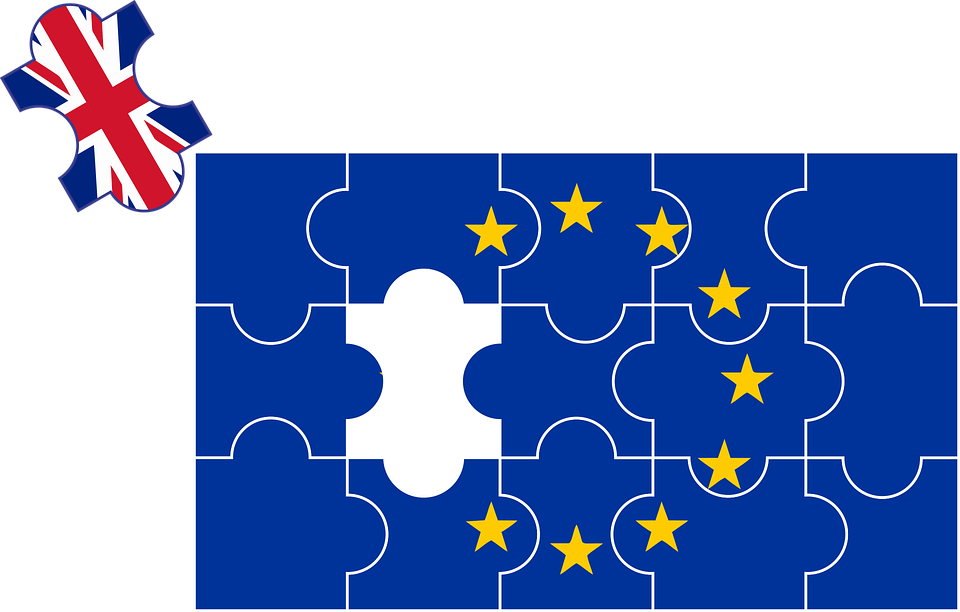Last night, I rewatched Michael Smiley’s Something to Ride Home For, a light-hearted, three-part TV series featuring interviews and bike rides across Ulster (including Monaghan and Donegal) which was originally broadcast in the summer of 2015.
There’s a section in his interview with author Dervla Murphy at Crossmaglen on the shores of what I took to be Lough Ross, which straddles the border, where he reads from her 1979 classic A Place Apart where she discovers she’s crossed the border seven times without realising it.
With this in mind, I read the discussion of hard borders with a large pinch of salt. The border between North and South is no more natural (as in defined by landscape/culture) than the one in Germany was during the cold war. Roads criss-cross from one county to another.
And yet, apparently, Dublin is drawing up plans for checkpoints:
The border in the island of Ireland has long been recognised as one of most problematic Brexit issues, with the potential to revive the tensions of the past.
During The Troubles, there were only 20 crossings, but there are now thought to be as many as 250 after the peace settlement brought the reopening of huge numbers of roads.
It’s plainly too early to catastrophise the issue of a hard border. The issue of hard and soft Brexit (before we have an inkling of what barriers and or conditions will be imposed) merely serves to confuse matters further.
I suspect we’re being blinded by jargon. Brexit means the UK is out of the single market. So the key question is whether its government will pay the asking price for access to the Single Market (and its ancillaries in research, development and cooperation in third level education).
Irish border is close to impossible police. Access to the Single Market on the most generous terms would create a friction free border of the type being described by Theresa May and others. The precise nature of those terms will determine just how much of a problem Ireland has.
Mick is founding editor of Slugger. He has written papers on the impacts of the Internet on politics and the wider media and is a regular guest and speaking events across Ireland, the UK and Europe. Twitter: @MickFealty
Discover more from Slugger O'Toole
Subscribe to get the latest posts to your email.
